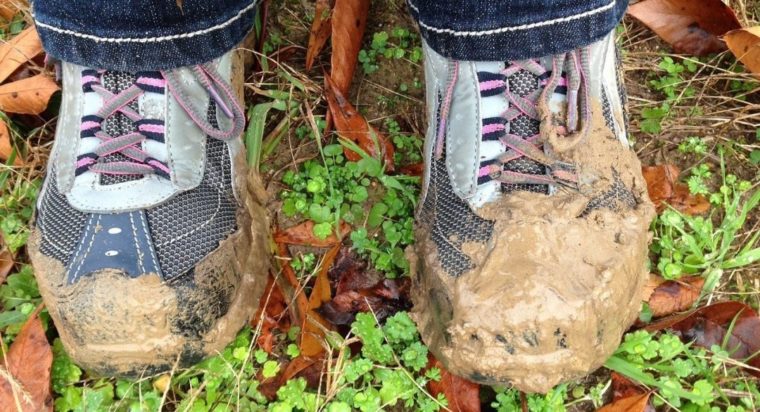The gentle and humble lifestyle of the Savior is nowhere more evident than in the scene recorded in John 13 where He washed the feet of His friends, the disciples.

On that occasion He left us some timeless principles regarding serving God . . . principles we dare not ignore.
The setting is first-century Jerusalem. Paved roads were few. In fact, within most cities they were unheard of.
The roads and alleys in Jerusalem were more like winding dirt trails, all covered with a thick layer of dust.
When the rains came, those paths were liquid slush, several inches of thick mud.
It was the custom, therefore, for the host to provide a slave at the door of his home to wash the feet of the dinner guests as they arrived.
The servant knelt with a pitcher of water, a pan, and a towel and washed the dirt or mud off the feet of each guest as he prepared to enter the home.
Shoes, boots, and sandals were left at the door, a custom still prevalent in Southeast Asia.
If a home could not afford a slave, one of the early-arriving guests would graciously take upon himself the role of the house servant and wash the feet of those who came.
What is interesting is that none of the disciples had volunteered for that lowly task . . . so the room was filled with proud hearts and dirty feet. Interestingly, those disciples were willing to fight for a throne, but not a towel.
Things haven’t changed a lot since then, have they?
Read slowly and carefully the account of what transpired:
Jesus . . . got up from supper . . . and taking a towel, He girded Himself. Then He poured water into the basin, and began to wash the disciples’ feet and to wipe them with the towel with which He was girded. So He came to Simon Peter. He said to Him, “Lord, do You wash my feet?” Jesus answered and said to him, “What I do you do not realize now, but you will understand hereafter.” Peter said to Him, “Never shall You wash my feet!” Jesus answered him, “If I do not wash you, you have no part with Me.” Simon Peter said to Him, “Lord, then wash not only my feet, but also my hands and my head.” Jesus said to him, “He who has bathed needs only to wash his feet, but is completely clean; and you are clean, but not all of you.” For He knew the one who was betraying Him; for this reason He said, “Not all of you are clean.” (John 13:3–11)
Meditate on the scene John vividly describes for us. Now, ask yourself: How can we as pastors be more like the Master we follow?
Next week, I’ll share some observations about the example Jesus set for us in serving others.
—Chuck
